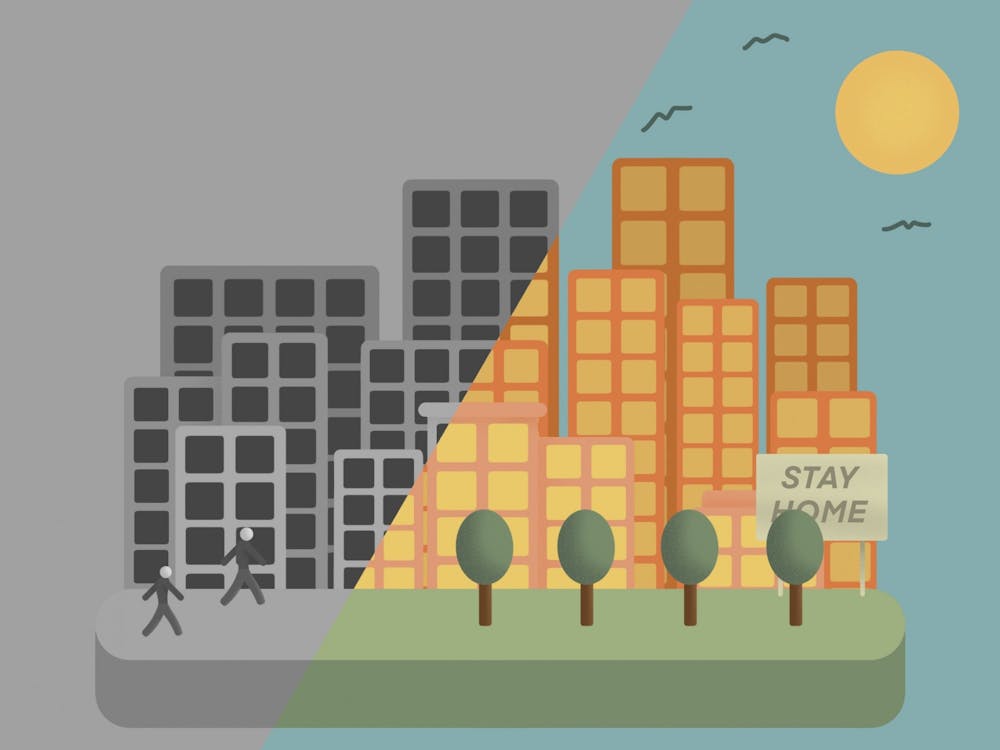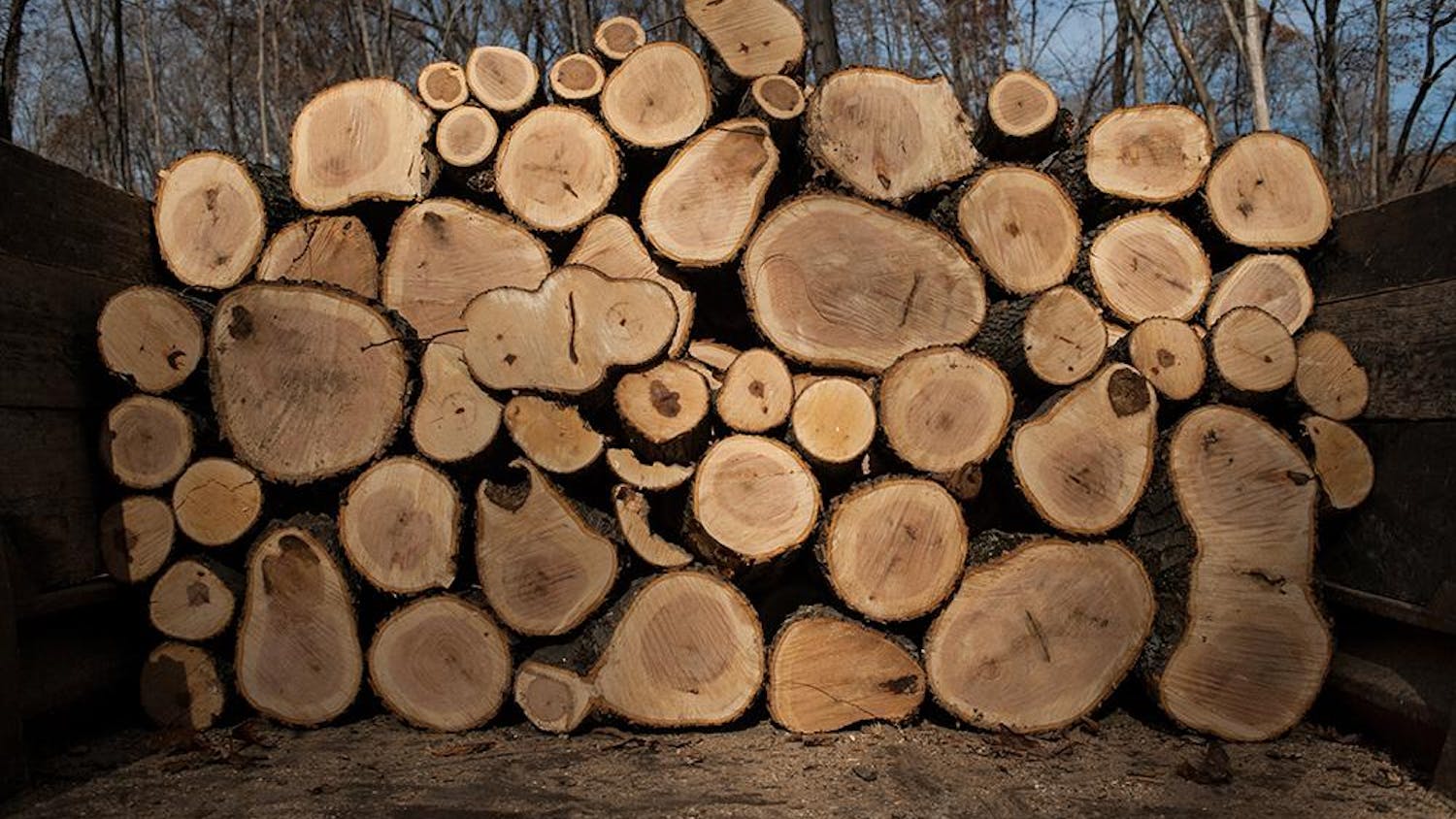When you see a tweet about the environmental benefits of COVID-19 lockdowns, it might be a good time to take a step back and think about its implications. Many posts across social media platforms have posited that humans are the virus, or call the reappearance of wildlife in Wuhan and clean water in Venice an “awakening.”
Many human practices are damaging to the environment, so it is not always obvious why these posts are problematic at all. But ecofascism is using global social distancing to gain traction online.
In simple terms, ecofascism is fascism for the sake of the environment. It has been defined by political theorist Michael Zimmerman as the “sacrifice of individual humans for the benefit of the ecological whole.” Commitment to the physical homeland marks many fascist movements. Ecofascism’s most famous moment was likely the Nazi “Blood and Soil” propaganda campaign, which explicitly linked non-Aryan peoples on German soil to environmental degradation.
Ecofascism is by no means harmless. The Christchurch and El Paso shootings are examples of a growing problem: far-right violence often stems from concerns about overpopulation and environmental degradation. The shooters in these cases represent the increasing prevalence of ecofascist concerns linking ecological health to racial purity.
It may seem dramatic to link Nazi ideology and mass shootings to tweets pointing out that nature seems to thrive as a result of forced quarantines. But to argue that human beings are “the virus,” and perhaps even that COVID-19 is a net positive because of the superficial appearance of recovery, is violent.
While posts like these are a far cry from the targeted violence of the aforementioned shootings, the logical conclusion of that line of thought is to eliminate the people — the races, the ideologies, the partisans — who are seen as being at fault. As previous ecofascist violence has demonstrated, this is likely to be defined in white supremacist or far-right terms.
Due to social distancing measures, forced or otherwise, thinking outside of our personal networks can be challenging. That distance from society can make it difficult to feel empathy for strangers.
Times of crisis lead to authoritarian tendencies in leaders and in citizens. Autocrats around the world are using the COVID-19 crisis to consolidate power, and many see these extraordinary measures as necessary, even if they result in long-term centralization of power. Even citizens who want to resist are wary of organizing large, public protests to resist unnecessary restrictions of civil liberties due to the contagion. In short, people are less likely to resist violations and restrictions of civil liberties in times like these.
A crisis of this magnitude leaves human society particularly susceptible to authoritarianism. Given the ecological crisis of climate change, it is perhaps not surprising that ecofascism is the authoritarian flavor of the era. Calls to sacrifice human beings or their liberties for the benefit of the ecological whole will not pass when the COVID-19 crisis does.
The easiest way to stop the spread of ecofascist takes is to think before you like or retweet. If it contains explicit or implicit praise for forced lockdowns or the implication that human life matters less than the ecological whole, don’t share it.
Most importantly, “we’re the virus” can be easily and accurately replaced by “unfettered capitalism is the virus.” You can acknowledge the clear water of Venetian canals without calling for harm to human lives and liberties.
The destruction of the earth for the massive profit of a handful of individuals and corporations is not part of the human condition, but it is a part of the capitalist condition, especially in the face of ineffective regulation. Nature is resurging because of the absence of unsustainable profit-chasing, not because of the absence of human life.
Kaitlyn Radde (she/her) is a sophomore studying political science. She plans to pursue a career in public interest law.






